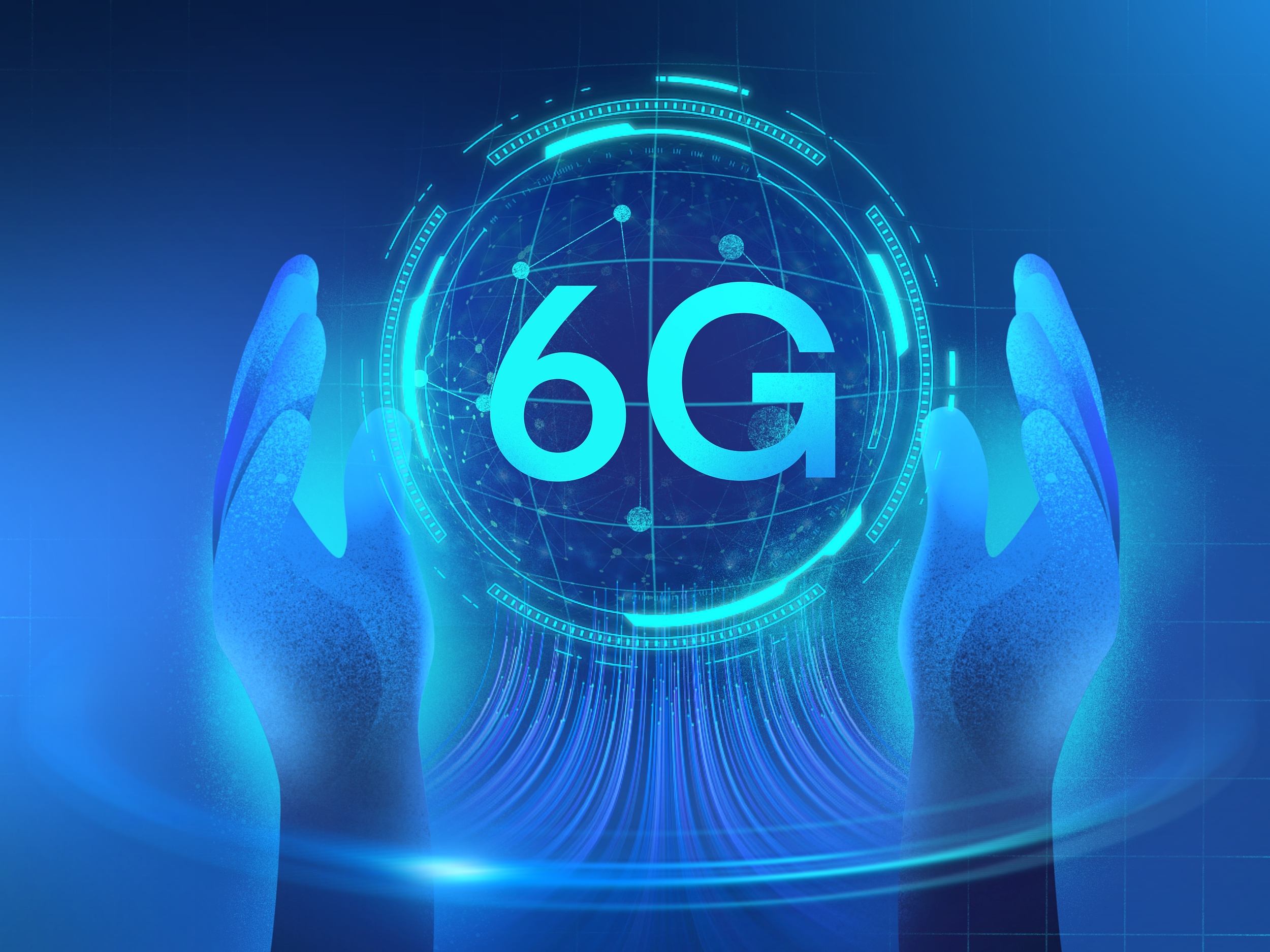
(PHOTO:?VCG)
By ZHONG Jianli
The Ministry of Industry and Information Technology (MIIT) of China recently announced its commitment to fostering a unified global standard for 6G technology, heralding a new era of international industrial innovation collaboration.
Zhang Yunming, vice minister of MIIT, underlined the necessity of nurturing a consensus and promoting close collaboration among global industry, academia, research and application sectors, in order to advance the innovation and cooperation for 6G, the next-generation comprehensive digital infrastructure.
MIIT has been actively driving various initiatives encompassing the research of 6G development requirements, technological R&D, as well as international cooperation.
Earlier this year, China's proposal of five categories of 6G typical scenarios and 14 key performance indicators were wholly adopted by the International Telecommunication Union in its 6G vision and requirements recommendation document.
The IMT-2030 (6G) Promotion Group of China has actively bolstered international exchanges and cooperation, signing memorandums with the European 6G Smart Networks and Services Industry Association (6G-IA), Korean 6G Forum, and the Telecommunications Standards Development Society of India.
Zhang stressed the need to cement original innovation, particularly in advancing key technologies such as new wireless network technologies, propelling the convergence of mobile communication with other sectors such as intelligence, sensing, and computation. He also said it's necessary to accelerate the development of integrated 5G applications to strengthen the foundation for 6G applications.
In addition, Zhang called upon efforts to enhance international communication and deepen cooperation to steer the formation of unified global standards for 6G.
Wang Zhiqin, head of the IMT-2030 (6G) Promotion Group and deputy director of the China Academy of Information and Communications Technology, highlighted three novel scenarios of 6G application: the integration of communication and sensing, the convergence of communication and AI, and ubiquitous IoT.
He added that in the future, 6G will connect not only humans but also a myriad of intelligent entities such as robots and the metaverse.
The trio will conduct a series of experiments in fields such as life science, fluid physics, combustion science and materials science. Notably, this is the first time that fruit flies have been taken on a Chinese space mission as experimental subjects. What made scientists choose fruit flies? What experiment will they undergo?
